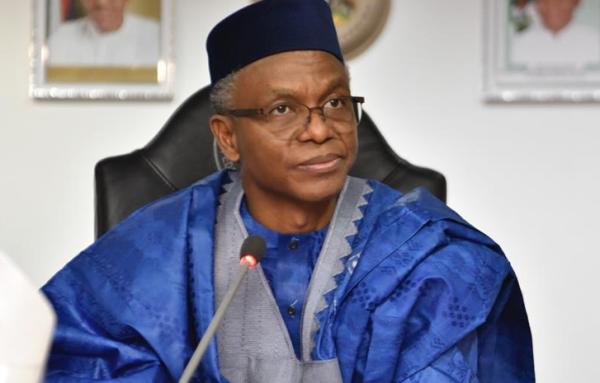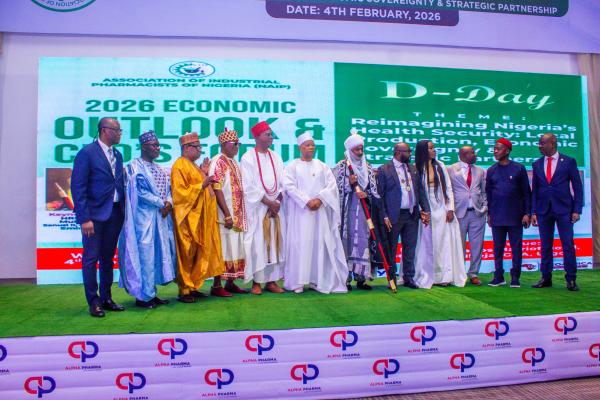
Nigeria stands a chance of attracting more foreign direct investments into its stagnating oil and gas industry, particularly from the rich Gulf state of Qatar and energy-hungry Japan, which are aggressively looking to increase their footprints in Africa’s oil and gas sector.
Nigeria’s oil and gas industry, with an estimated value in excess of $340 billion, which contributes 70 percent of GDP, 90 percent of foreign exchange and 80 percent of budgetary revenue, has seen divestments of oil assets some international oil companies (IOCs) in recent years, amid allegations of uncertainty in the country’s oil and gas industry, in the face of the long delay in the passage of the Petroleum Industry Bill (PIB).
Chevron’s planned sale of its 40 percent interest in two oil blocks, oil mining leases (OMLs) 83 and 85 located in the country’s shallow waters, off the coast of Bayelsa State, is the latest of the sale of assets by IOCs. Shell, Total and ConocoPhillips had recently sold some of their assets.
Japan, which lacks oil and gas at home, is encountering hitches with its nuclear energy programme, and needs to import more oil and gas.
The state-owned Japan Oil, Gas, and Metals National Corporation (JOGNMC) is to spend nearly $2 billion in the coming years to help Japanese firms increase their footprints in Africa’s oil and gas sectors, according to Africa Energy Intelligence.
Also, Qatar is apparently determined to launch a more aggressive drive in African oil and gas, through its state-run concern, Qatar Petroleum International (QPI). Some Africans countries are doing their utmost to attract revenue from the rich Gulf state.
Within Africa’s 54 sovereign states lies more than eight percent of the world’s estimated oil reserves with Nigeria, Libya, Algeria, Egypt and Angola currently accounting for 85 percent of the continent’s oil and gas production, but challenges including a lack of infrastructure and geopolitical tensions, among others, have prevented oil production in many countries.
Claire Lawrie, head of oil and gas advisory, Ernst & Young, believes Nigeria is in a vantage position, as it has the largest conventional reserves in Africa and is in the top 10 globally for oil reserves, adding that there is significant heavy oil yet to be trapped in the Benin basin, which is one of the world’s largest heavy oil belts in the world after Canada and Venezuela.
“Nigeria’s sights should focus on dynamics in its major export markets such as the US and Europe. The US is Nigeria’s largest export market and they have shale oil plus an agenda of greater energy self sufficiency. The US has already started to replace Nigerian crudes for shale oil. Nigeria needs to review its export strategy and ensure they increase shares in other markets like they have done for LNG in Japan,” she said in an e-mailed response to question from BusinessDay.






















